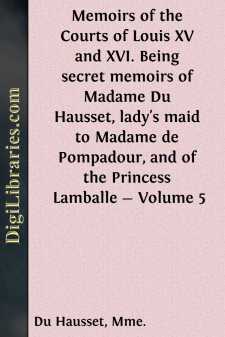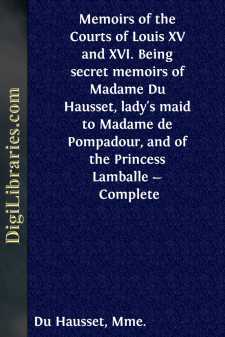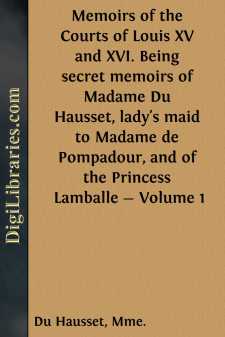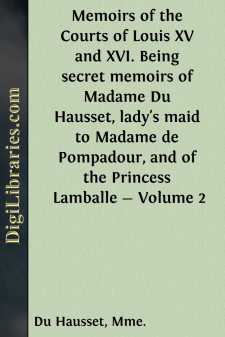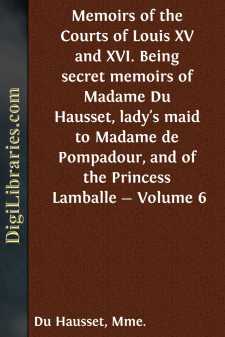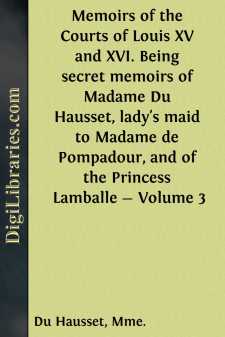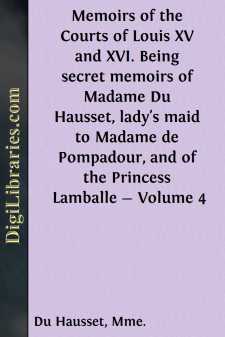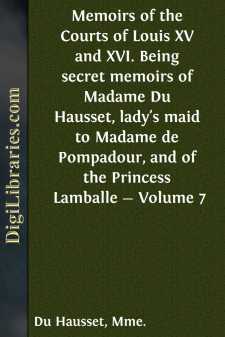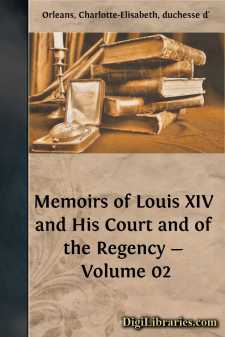Categories
- Antiques & Collectibles 13
- Architecture 36
- Art 48
- Bibles 22
- Biography & Autobiography 815
- Body, Mind & Spirit 144
- Business & Economics 28
- Children's Books 18
- Children's Fiction 14
- Computers 4
- Cooking 94
- Crafts & Hobbies 4
- Drama 346
- Education 58
- Family & Relationships 59
- Fiction 11835
- Games 19
- Gardening 17
- Health & Fitness 34
- History 1378
- House & Home 1
- Humor 147
- Juvenile Fiction 1873
- Juvenile Nonfiction 202
- Language Arts & Disciplines 89
- Law 16
- Literary Collections 686
- Literary Criticism 179
- Mathematics 13
- Medical 41
- Music 40
- Nature 180
- Non-Classifiable 1768
- Performing Arts 7
- Periodicals 1453
- Philosophy 65
- Photography 2
- Poetry 896
- Political Science 203
- Psychology 44
- Reference 154
- Religion 515
- Science 126
- Self-Help 85
- Social Science 83
- Sports & Recreation 34
- Study Aids 3
- Technology & Engineering 59
- Transportation 23
- Travel 463
- True Crime 29
Our website is made possible by displaying online advertisements to our visitors.
Please consider supporting us by disabling your ad blocker.
Memoirs of the Courts of Louis XV and XVI. Being secret memoirs of Madame Du Hausset, lady's maid to Madame de Pompadour, and of the Princess Lamballe - Volume 5
by: Mme. Du Hausset
Categories:
Description:
Excerpt
"'Well, then,' said the Queen, 'I am like my mother, for at my birth she also wished for a son instead of a daughter; and you have lost your wager:' for the King had betted with Maria Theresa that it would be a son.
"The King answered her by repeating the lines Metastasio had written on that occasion.
"'Io perdei: l'augusta figlia
A pagar, m'a condemnato;
Ma s'e ver the a voi somiglia
Tutto il moudo ha guadagnato.'"
[The Princesse de Lamballe again ceased to be constantly about the Queen. Her danger was over, she was a mother, and the attentions of disinterested friendship were no longer indispensable. She herself about this time met with a deep affliction. She lost both of her own parents; and to her sorrows may, in a great degree, be ascribed her silence upon the events which intervened between the birth of Madame and that of the Dauphin. She was as assiduous as ever in her attentions to Her Majesty on her second lying-in. The circumstances of the death of Maria Theresa, the Queen's mother, in the interval which divided the two accouchements, and Her Majesty's anguish, and refusal to see any but De Lamballe and De Polignac, are too well known to detain us longer from the notes of the Princess. It is enough for the reader to know that the friendship of Her Majesty for her superintendent seemed to be gradually reviving in all its early enthusiasm, by her unremitting kindness during the confinements of the Queen, till, at length, they became more attached than ever. But, not to anticipate, let me return to the narrative.]
"The public feeling had undergone a great change with respect to Her Majesty from the time of her first accouchement. Still, she was not the mother of a future King. The people looked upon her as belonging to them more than she had done before, and faction was silenced by the general delight. But she had not yet attained the climax of her felicity. A second pregnancy gave a new excitement to the nation; and, at length, on the 22nd October, 1781, dawned the day of hope.
"In consequence of what happened on the first accouchement, measures were taken to prevent similar disasters on the second. The number admitted into the apartment was circumscribed. The silence observed left the Queen in uncertainty of the sex to which she had given birth, till, with tears of joy, the King said to her: 'Madame, the hopes of the nation, and mine, are fulfilled. You are the mother of a Dauphin.'
"The Princesse Elizabeth and myself were so overjoyed that we embraced every one in the room.
"At this time Their Majesties were adored. Marie Antoinette, with all her beauty and amiableness, was a mere cipher in the eyes of France previous to her becoming the mother of an heir to the Crown; but her popularity now arose to a pitch of unequalled enthusiasm.
"I have heard of but one expression to Her Majesty upon this occasion in any way savouring of discontent. This came from the royal aunts. On Marie Antoinette's expressing to them her joy in having brought a Dauphin to the nation, they replied, 'We will only repeat our father's observation on a similar subject. When one of our sisters complained to his late Majesty that, as her Italian husband had copied the Dauphin's whim, she could not, though long a bride, boast of being a wife, or hope to become a mother—"a prudent Princess," replied Louis XV., "never wants heirs!"' But the feeling of the royal aunts was an exception to the general sentiment, which really seemed like madness....


